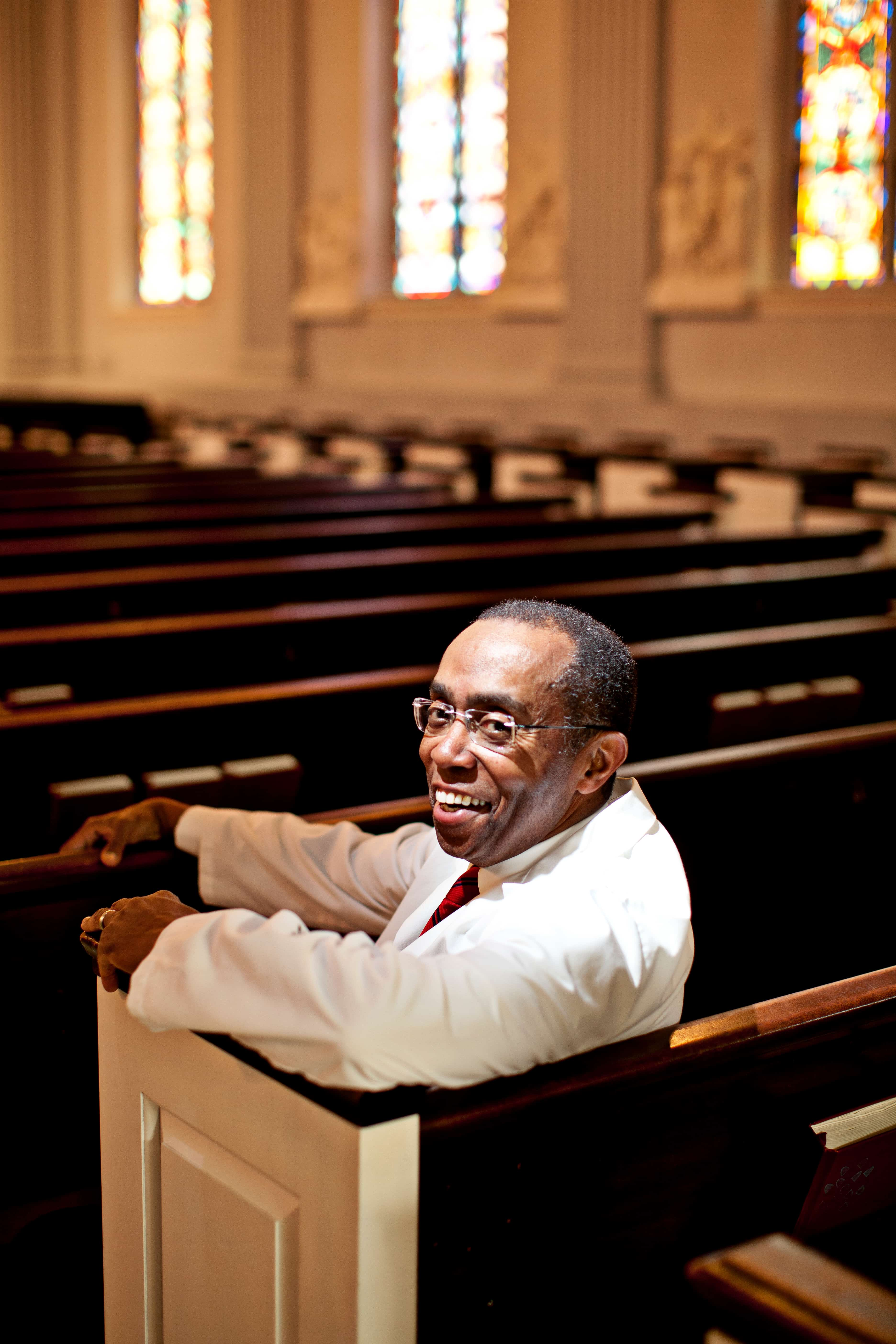
Alumnus and Sarah Lawrence Trustee, Doctor Clarion Johnson ‘72, has dedicated his career to his patients. A cardiologist by training — he attended Yale Medical School after graduating from Sarah Lawrence — Dr. Johnson’s keen sense of service has been the foundation of his life as a physician.
In a recent opinion piece, “Don't let vaccine fear hinder possibility,” Johnson writes about his experience participating in the Moderna COVID-19 vaccine trial, as both a physician as well as a patient. “...I felt compelled to sign up,” he writes. “I had never participated in such a study before. But as a physician who has traveled the world for work and pleasure, I am no stranger to vaccination. And I knew that I couldn't let this momentous opportunity pass, with science and public health under assault and the global death toll from COVID-19 unrelenting.”
While his excitement regarding the vaccine trial was real, it was also tempered by the history of a healthcare industry that has exploited people who look like him. “And for many people like me,” he writes, “underlying our personal hesitancies is a health care system that has long exploited Black, Indigenous, and other people of color. The legacy of the Study of Untreated Syphilis in the Negro Male — practically shorthand for the medical abuse of African Americans — has persisted in hardships we still face receiving health care services.”
Despite this history, participating in the trial, Dr. Johsnon says, was the right move for him – part of his personal ethos of service to his patients and humanity.
Now, despite being technically retired, he spends his free time volunteering at the Mercy Clinic in Jadensburgh, Maryland – a community clinic that provides for those who often don’t have access to regular and affordable healthcare. “I think I’d lose my mind if I knew that somebody didn’t come to see me because they couldn’t afford it,” he said in a 2012 Sarah Lawrence Magazine interview.
Reflecting on his career more recently, he noted, “What I promised myself and what motivated me all along—while studying, passing boards, completing fellowships—was that I wasn’t doing this for myself, that I would be able to use my skills to help others.”
As a physician on the front lines during the COVID-19 pandemic, fear was palpable in his patients. Nearly 80% of those he cared for did not speak English as their first language. His patients feared not only the virus and losing their jobs, but also navigating an unfamiliar healthcare system.
As the COVID-19 vaccines become readily available across the country, he reminds the public that these vaccines are key to overcoming that fear so many have felt and experienced the past year. “On the other side of fear is possibility — the possibility to hold our families and friends close, to resume the activities that make our lives worthwhile. Don’t let fear impede the progress we are making toward these goals. With every vaccination, we collectively move closer to a world of greater possibility.”